Sports injuries have the power to take athletes away from their sport for games, seasons and sometimes entire careers. Commonplace…
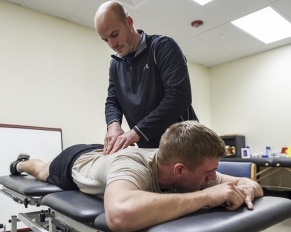

Sports injuries have the power to take athletes away from their sport for games, seasons and sometimes entire careers. Commonplace…

According to the Centers for Disease Control (CDC), “Obesity is common, serious, and costly.” The CDC’s website reports that more than one third of all American adults are obese, adding that “obesity-related conditions such as heart disease, stroke, type 2 diabetes, and certain types of cancer can be prevented.” Pretty shocking to think that many of these diseases are largely preventable when obesity is overcome. The cost as well is shocking, as the CDC reports that the estimated annual medical cost of obesity in the United States is close to $150 billion. Sadly, these statistics do not surprise top gastroenterologists. If you are facing obesity-related health problems now or in the future, you may be considering weight loss surgery, but you may also be reluctant to take such drastic measures. Clearly, invasive weight loss surgeries are not for everyone. Thankfully, there are newer, noninvasive weight loss procedures.

Cost Efficiency for Patients
One of the biggest selling points for patients to use an ambulatory surgery center is the cost. Unlike a regular hospital which may rack up health cost bills in the hundreds of thousands for one individual, ambulatory surgery centers can afford to not charge so much because of the cost it takes to upkeep a center versus a hospital. In fact, if you look at the numbers the cost for ambulatory surgery centers versus hospitals is quite different. Numbers range from 25% to 33% lower for surgeries and treatments in an ambulatory surgery center setting rather than a hospital setting. That could mean a lot for individuals that choose not to get an important surgery or treatment because money is an issue. 25-33% less might not seem like a huge deal, but if you start to look at surgery and treatment costs; you begin to see that small percentage really does make a large impact on your financials.
Consumer Benefits
Most hospitals where I’m from are in the city. They tend to be a pain to get to; you have to deal with a lot of traffic and crowds. Ambulatory surgery centers are usually quite the opposite. They tend to be in more suburban areas which mean they are easier and quicker to get to which means they have better access to patients than a traditional hospital setting. Also, because ambulatory surgery centers don’t deal with emergency surgeries, it’s almost out of the question that your scheduled procedure will be “bumped” for an emergency surgery or situation. This means you can get your procedure or treatment done on the day it was scheduled which means you can get back to life and your job and not have to keep rescheduling when they can do your procedure!

New Jersey residents excitedly embrace the summertime months. While the weather is enjoyable, it can also wreak havoc on the skin. Summertime will require that special attention be given to the skin in order to keep it healthy and in good shape. The dermatologist can suggest many ways to protect the skin during the harsh summer months. Here are just a few tips for how to care for the skin in summer.
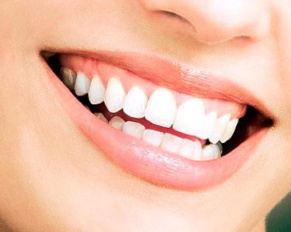
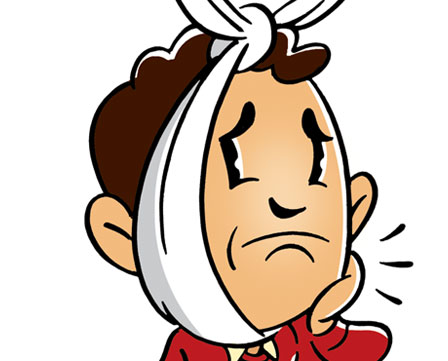 “This toothache is killing me!” Okay, this might be an exaggeration, but if you have a toothache now, or have ever had one in the past, you probably don’t think so. Anyone who has never had a toothache cannot possibly know the pain, not to mention the disruption it can cause in your life. You have trouble eating because you can only eat on one side of your mouth, and you often can’t stand any food that’s too cold or too hot. (And how many of the foods you love does this eliminate? In those cold Essex County winters, you can’t drink anything hot, and in those warm Jersey summers, you can’t eat anything cold!) You have trouble sleeping because the pain keeps you awake unless you reach, yet again, for pain killers. Yes, a toothache only seems like it’s not a big deal to a person who’s not suffering from one. So what caused your toothache?
“This toothache is killing me!” Okay, this might be an exaggeration, but if you have a toothache now, or have ever had one in the past, you probably don’t think so. Anyone who has never had a toothache cannot possibly know the pain, not to mention the disruption it can cause in your life. You have trouble eating because you can only eat on one side of your mouth, and you often can’t stand any food that’s too cold or too hot. (And how many of the foods you love does this eliminate? In those cold Essex County winters, you can’t drink anything hot, and in those warm Jersey summers, you can’t eat anything cold!) You have trouble sleeping because the pain keeps you awake unless you reach, yet again, for pain killers. Yes, a toothache only seems like it’s not a big deal to a person who’s not suffering from one. So what caused your toothache?

 Aches and pains are just a normal part of aging, and hip pain is just one of those inevitable discomforts that happen as we age, right? Wrong! Although many people in the U.S. experience hip pain as they get older, the fact is that hip pain often is quite preventable. In fact, according to many hip replacement specialists in New Jersey, the hips are one of the most well-designed parts of the entire human body and that means they’re made to last a life-time. Even as Americans are living longer, this area of the body generally is made to stand the test of all of those years. However, though it is true that hips can last a lifetime, it’s also true that we all should take extra precautions as we age. Here’s more information from hip replacement specialists about the causes, as well as prevention, of hip pain as it relates to aging.
Aches and pains are just a normal part of aging, and hip pain is just one of those inevitable discomforts that happen as we age, right? Wrong! Although many people in the U.S. experience hip pain as they get older, the fact is that hip pain often is quite preventable. In fact, according to many hip replacement specialists in New Jersey, the hips are one of the most well-designed parts of the entire human body and that means they’re made to last a life-time. Even as Americans are living longer, this area of the body generally is made to stand the test of all of those years. However, though it is true that hips can last a lifetime, it’s also true that we all should take extra precautions as we age. Here’s more information from hip replacement specialists about the causes, as well as prevention, of hip pain as it relates to aging.
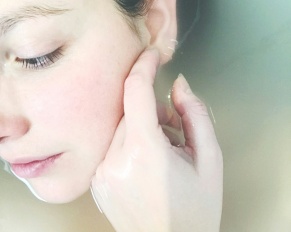
Sunscreen is one of the least expensive types of dermatology products but it plays a very important role in the health of your skin. Sunscreens work by reflecting, scattering or absorbing UV rays that can damage the skin. There are many different types of sunscreens available which contain a wide variety of ingredients. Choosing the right sunscreen will depend upon an individual’s lifestyle and the types of activities that they will participate in outdoors. No matter which type is chosen it is essential that it provides protection from both UVA and UVB rays.
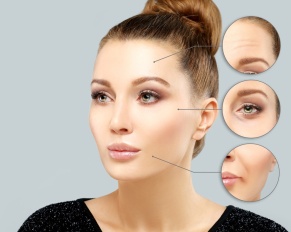
Laser skin treatments are not performed just for cosmetic purposes. Some treatments are performed to rectify a skin condition such as acne or excessive facial hair. Corrective practices are also performed following skin grafting procedures to help reduce or eliminate the prominence of scar showing on the face. In a few cases, these skin treatments are used to correct scarring left from sports injuries, vehicle accident injuries and personal injury attacks. Regardless of the reason, there are treatments that are recommended by some cosmetic surgeons to help those with complexes regarding scarring.
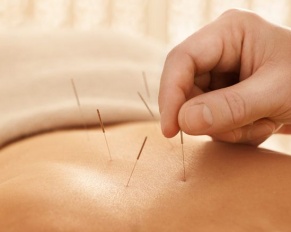
While most people have heard of acupuncture by now, many don’t know that much about it or can’t even imagine…

Mold and Your Health: What You Need to Know Most people think of mold as that unsightly black stuff that…